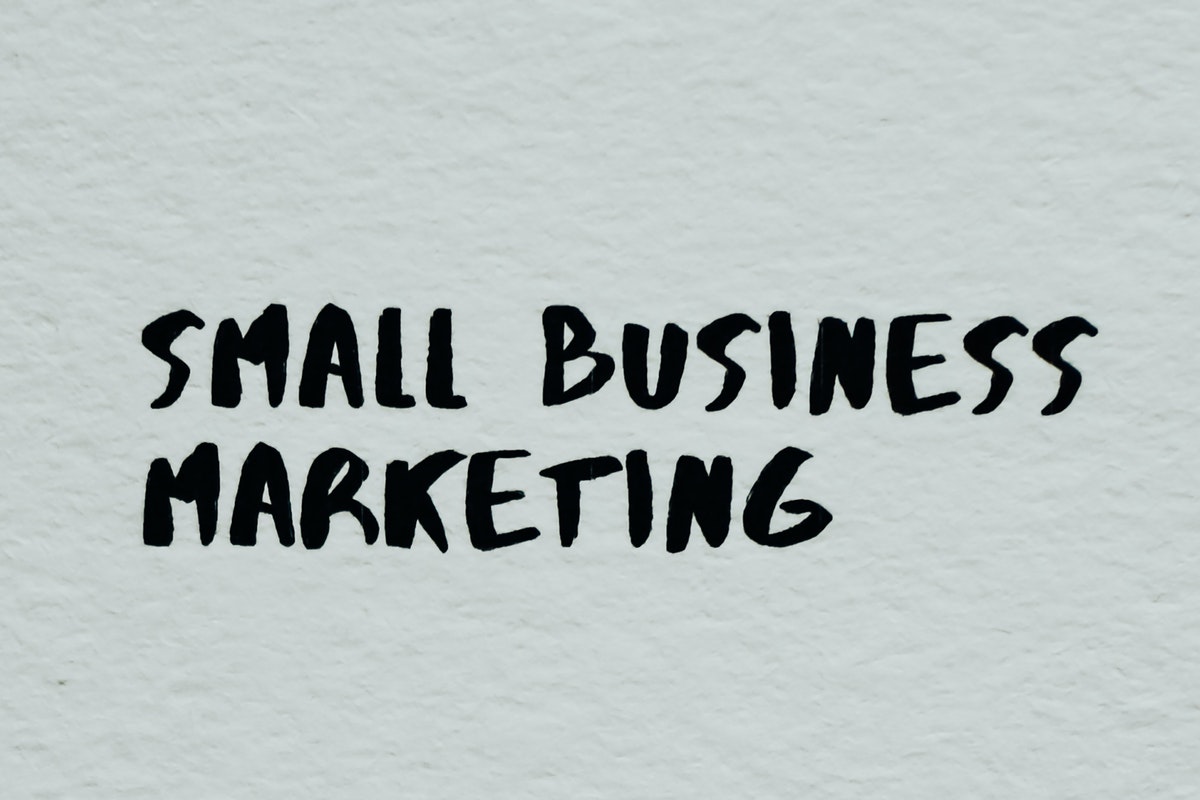Even with the best products and/or services in the world, you won’t make many sales if your intended customers don’t know about your business. To raise awareness of your brand and to kickstart your sales process, you need to start marketing and promoting the company.
Sales and marketing doesn’t have to be complicated, but it is important to have a clear idea of your customers’ preferred channels and how you can engage with them in these places.
Create a website and an online/digital presence
We live in a digital world, so having a presence in the digital space will be vital – somewhere your potential customers can engage with you and begin buying your products.
Start with a website of some sort – a place that will become your digital shopfront and the hub around which your marketing will function. For small micro businesses, this could be as simple as creating a Facebook business page, but most serious small businesses should invest in a full-scale website. Buy a domain name for the company (the companyname.com part) and work with content writers and web designers to create an engaging online site for the business.
Focus on your key messages, tell me (the customer) exactly what you do, and make it as easy as possible to use and navigate the site.
Set up a sales team and start engaging with customers
To push your sales engagement, you need a sales team – or at the very least, one person who’s focused full-time on sales and business development.
As a new business, you’re entering a market where (at present) most of your target audience are unaware of your products/services. With a sales team in place, you can start to field enquiries, arrange product demos, book meetings with targets and begin the process of engaging with your chosen customer audience.
People buy from people, as the saying goes. So, building relationships, extending your network and filling your sales funnel will be an essential part of the company’s growth.
Make the most of your social media presence
Your website will be your main digital hub, but having a social media presence is also a critical part of building engagement and creating meaningful relationships with your customers.
Facebook, Twitter, Linkedin and Instagram are all good social media platforms to consider. What’s important is to research where your target audience hangs out online. For example, if your ideal customers are all on Facebook, there’s no point posting much content on Twitter. Choose the most relevant social platforms and use these accounts to post regular content and engage with your audience. Social media is NOT a direct sales channel, but it IS a great place to build customer relationships and promote the values of your brand.
Other ways to raise awareness of your brand
With a website, marketing team, sales team and a solid group of followers on social media, you set some solid foundations for getting your startup’s marketing off the ground. But these are just the basics and there’s LOTS more you can get involved in to boost your marketing.
For example:
- Start using content marketing – writing a regular blog, or recording video pieces as a vlog, provides your customers with great insights into your products or services. You could give tips and advice, share opinion on changes in the industry, post news about the company, or other helpful content that adds some meaningful value for your audience.
- Test out targeted digital advertising – targeted advertising helps you focus your marketing and advertising on a highly specific audience. You could target customers by their age, their location, their income bracket or their interests – all of which helps you to target your key audience and improve the likelihood of engagement and conversion.
- Run events and webinars – if you are in a service business, events are an excellent way to improve your customer relationships. Having an in-person workshop gets you face-to-face with your audience, and online options like webinars and live broadcasts help you to raise the profile of your people and begin building online relationships with the right people.
- Engage with customers through messaging apps – consumers are increasingly moving to live chat, chatbots and messaging apps as their primary choice when contacting a business. If you can engage well with customers in real-time, via live chats, you can offer a truly personalised way of offering customer support.
- Expand your profile as a founder – becoming ‘the face’ of your new startup is not something that every founder will want to do. But becoming well known within your sector, industry or market is a great way to promote the business as a whole. By sharing thought leadership pieces, appearing on podcasts or becoming a conference speaker, you open yourself up to a wider audience. And when more people know about YOU, more people will also find out about your BUSINESS too.
As your startup grows, your sales and marketing activity will grow too. But getting the basics right at this early stage will get you off to a positive and productive start.


